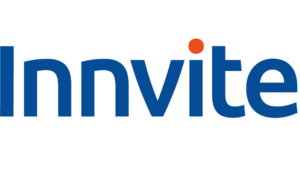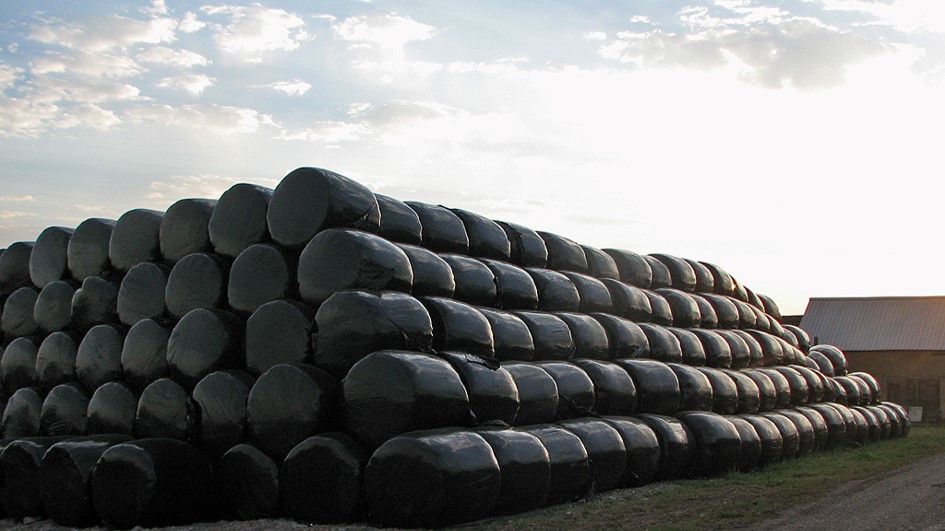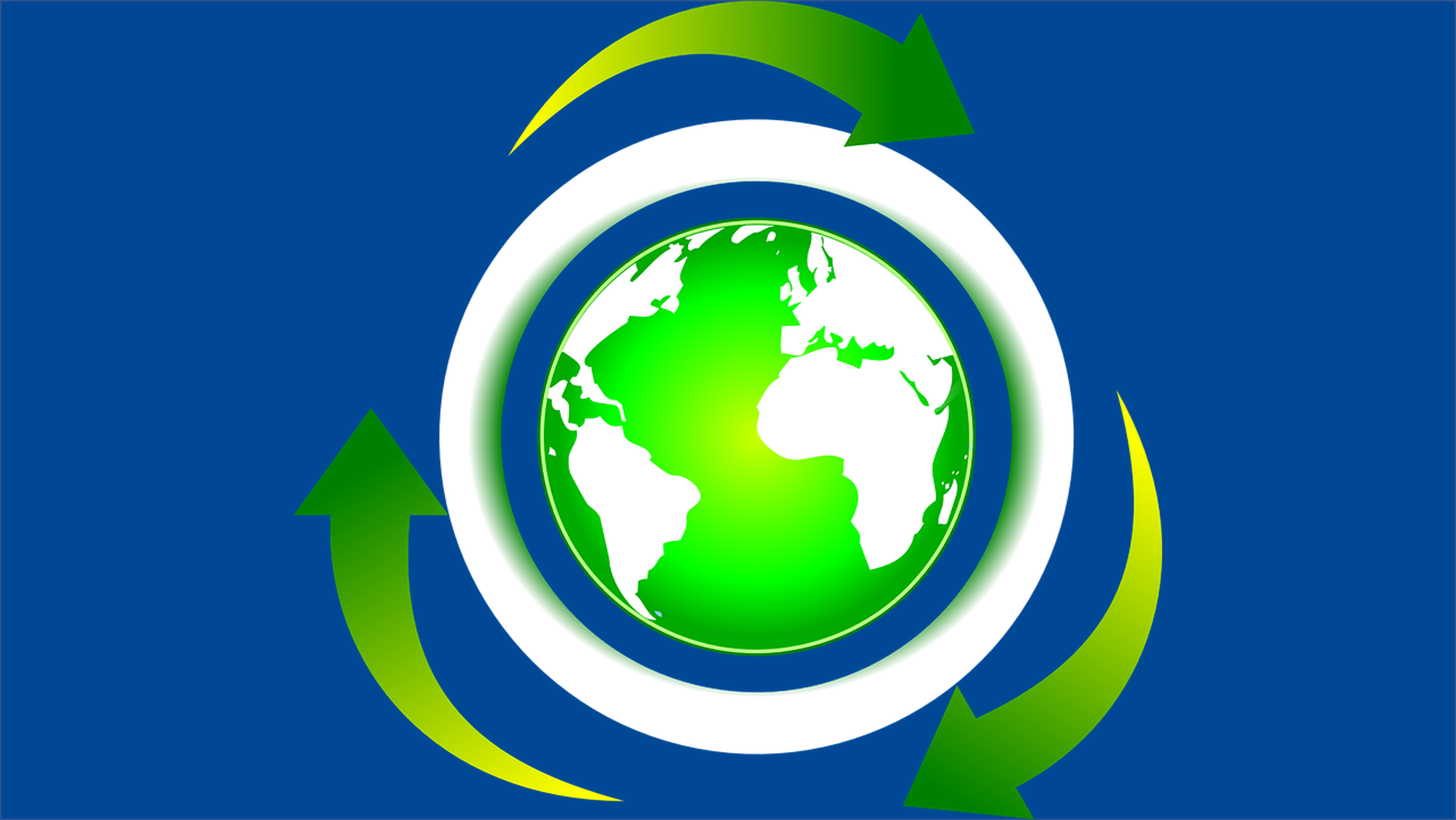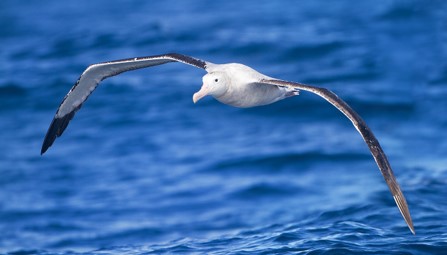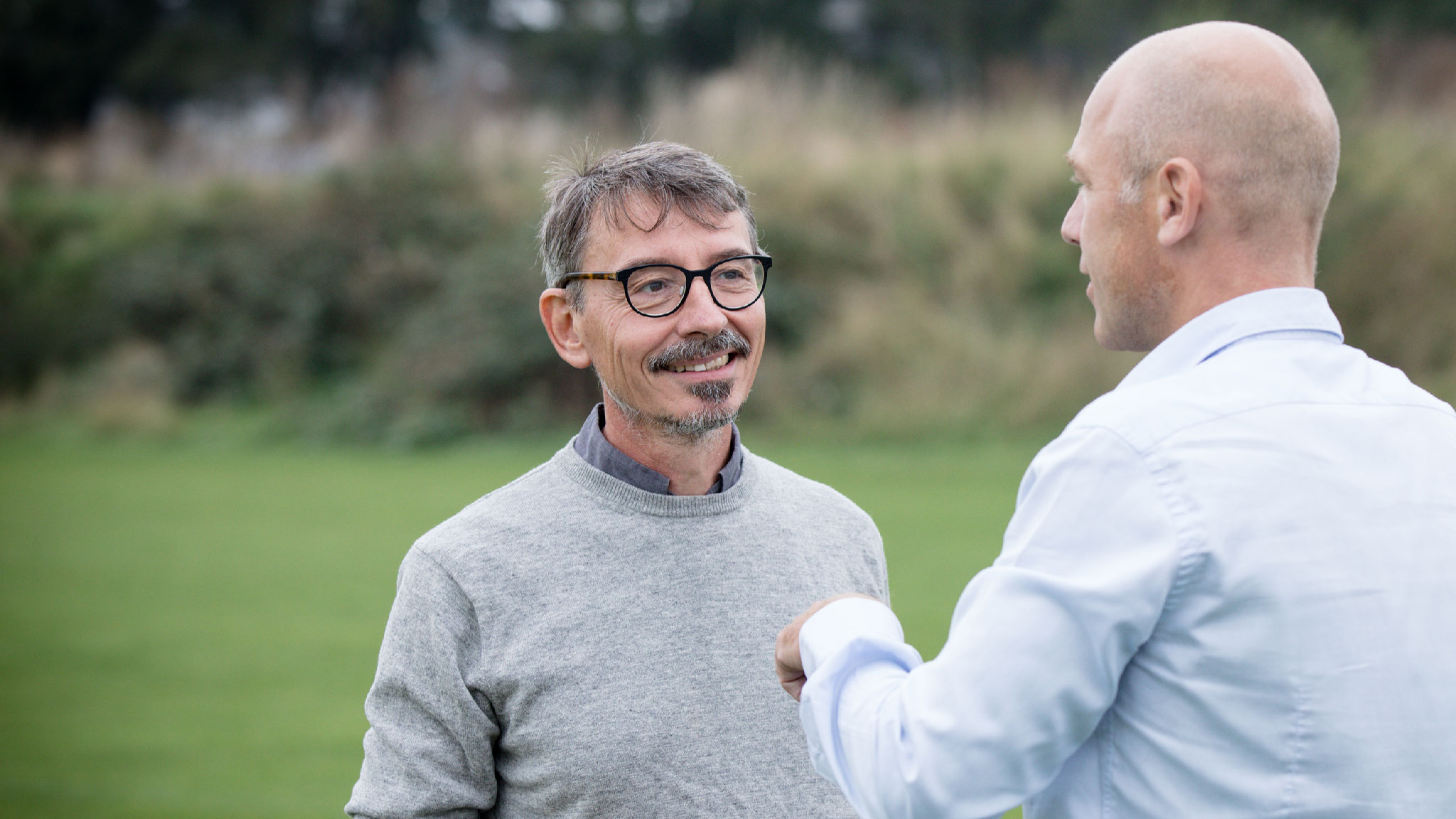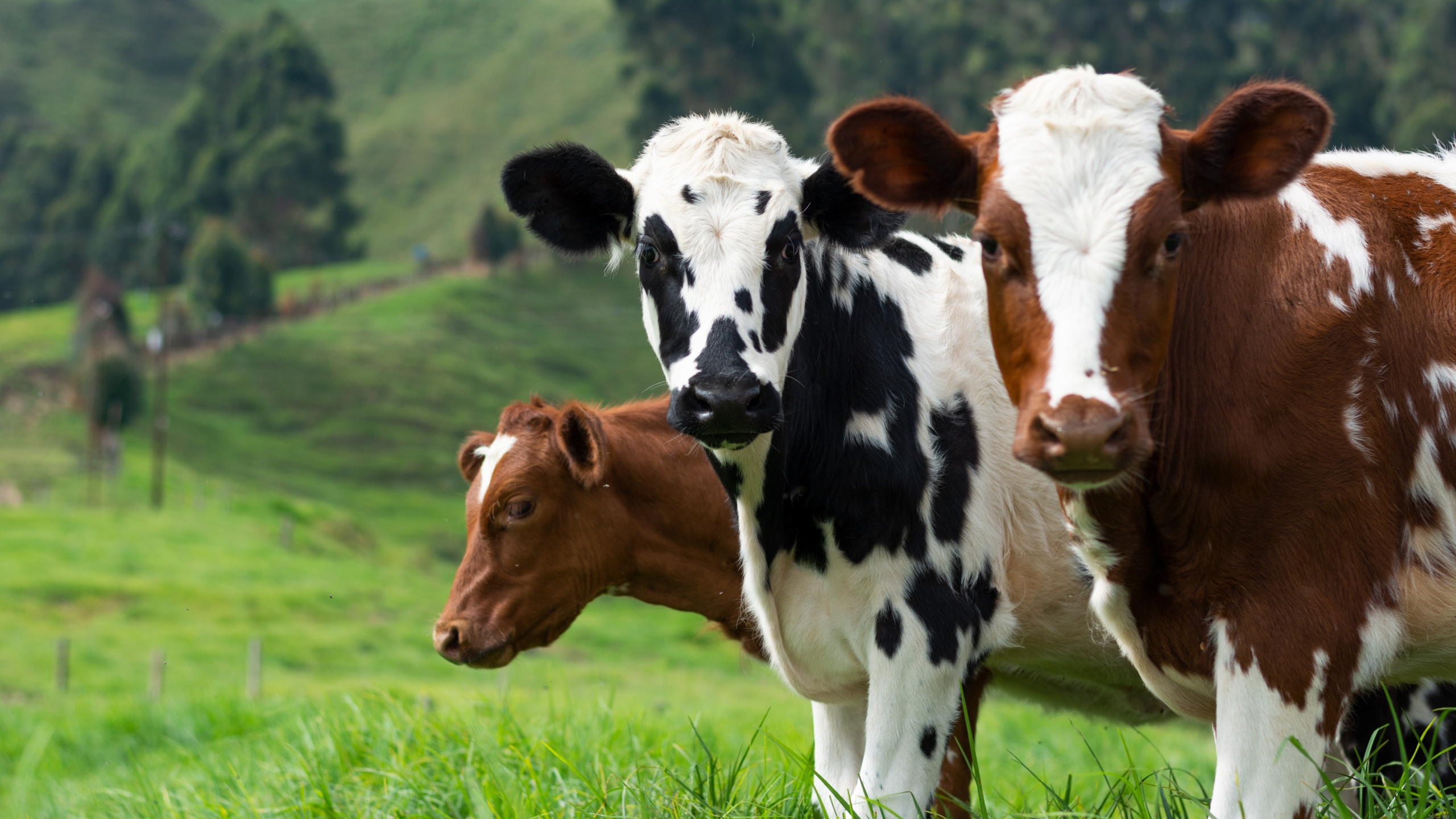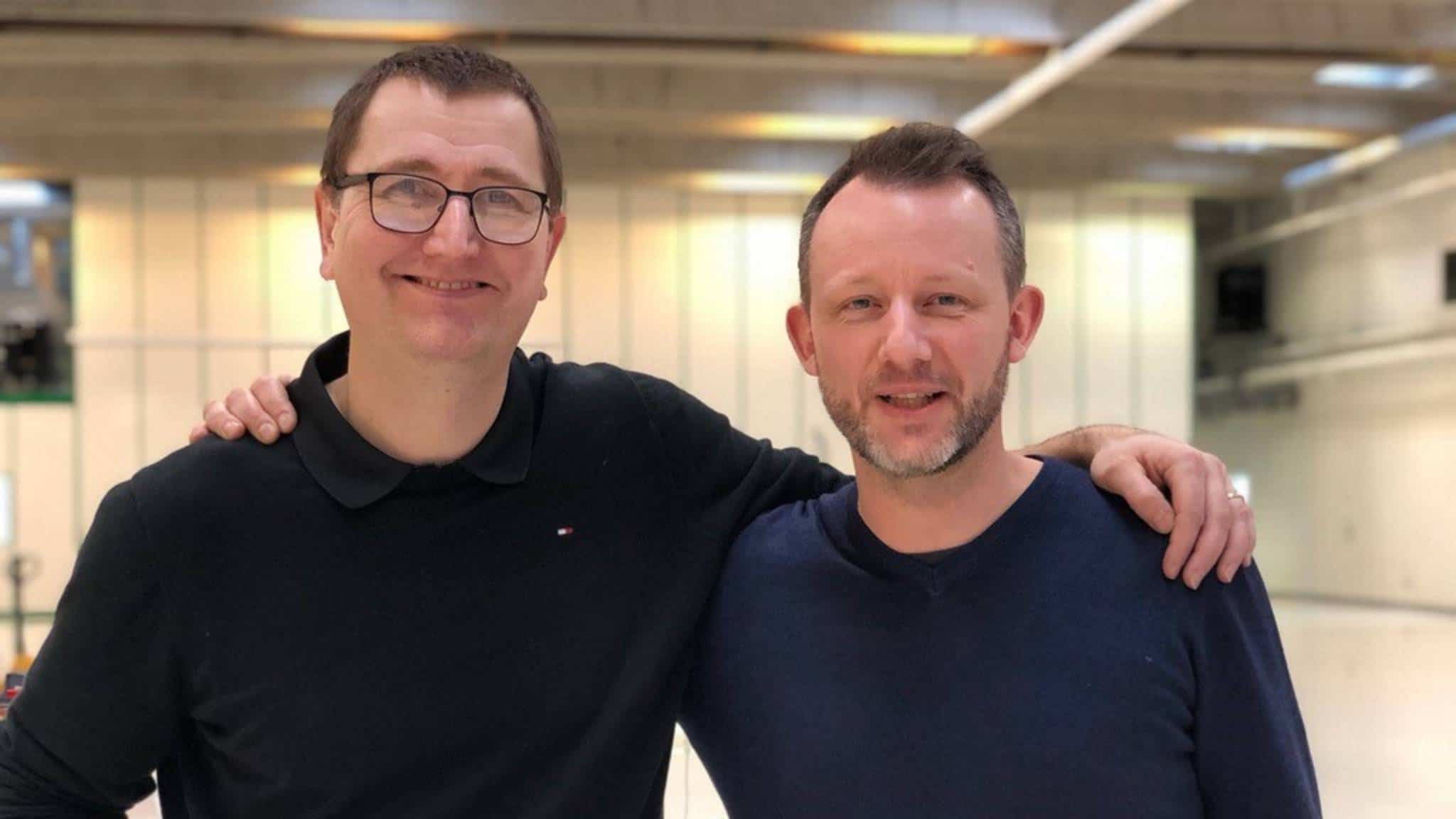The goal of this InnoBooster project is to develop an industrial line scanner to identify and classify black plastics in sorting plants, so that plastics from households can be recycled – rather than being burned.
Black plastic is popular with manufacturers as it is inexpensive, does not change color and provides good protection against e.g. UV radiation.
The plastic is blackened by adding coal particles. The technical challenge of using coal particles is that the plastic can no longer be typed with conventional visual (VIS) or near-infrared (NIR) sorting systems. The plastic is opaque in these areas and therefore does not provide the necessary signal to work with. In short, this means that sorting plants cannot sort black plastic. Instead, the plastic is burnt, which is the worst possible solution when focusing on climate change.
In InnoBooster project, NLIR is developing an industrial line scanner for sorting systems based on MIR spectroscopy. The advantage is that coal particles are almost completely transparent in the mid-infrared area of which NLIR is experts.
If the project succeeds, it will bring us an important step closer to the vision that the Innovation Fund Denmark and McKinsey & Company have formulated in 2019 for “the new plastic economy”, including a 100% recycling of plastic.
For Danish society, it is all about avoiding that the 5,300 tonnes of black plastic we collect annually end up in smoke harming the environment.
